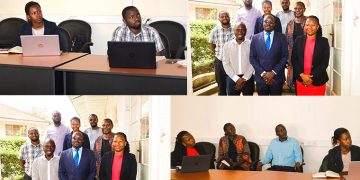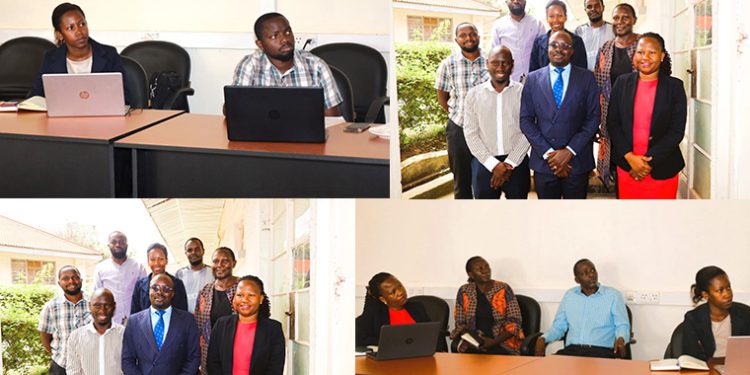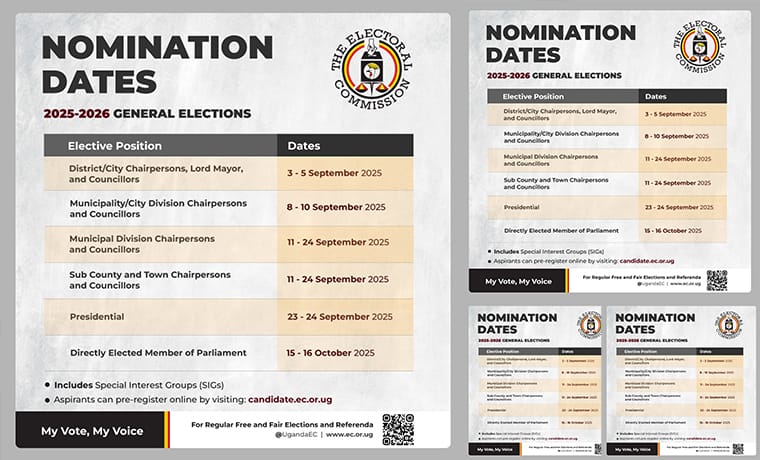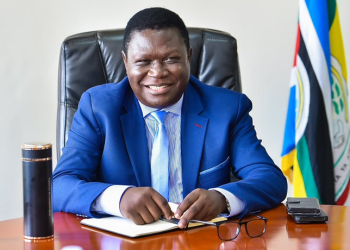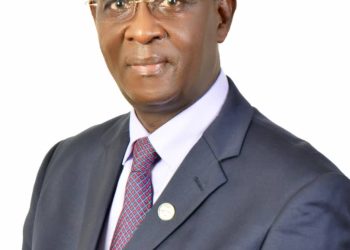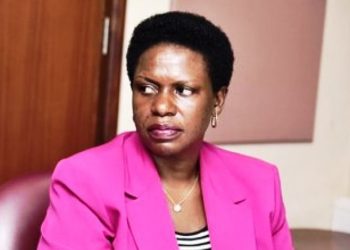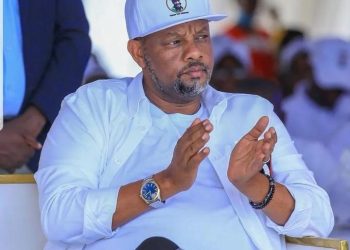By Mulengera Reporters
The Statistics and Data Science (SDS) Working Group training kicked off on Monday, 20th January 2025, and will run until 24th January 2025. This training, an initiative by the college, aims to build capacity in Artificial Intelligence (AI) and Machine Learning (ML) among its members.
Participants are being equipped with a wide range of skills, covering topics such as text mining, unsupervised learning, neural networks, Geographic Information Systems (GIS), and more. The training is facilitated by expert data scientists from the Uganda Revenue Authority (URA), Housing Finance Bank, and the School of Statistics and Planning (SSP).
The SDS Working Group comprises academic staff at the School of Statistics and Planning (SSP) whose research interests focus on statistical learning and AI
On January 21, 2025, Mr. Kiyingi Simon Peter and Mr. Tusubira Brian from URA led an engaging session on the practical applications of machine learning algorithms in day-to-day activities. They demonstrated how components fed into ML models are used to classify taxpayers into high-risk and low-risk categories, showcasing the transformative potential of AI in optimizing operations.
Dr. Margaret Banga, the Dean of the School of Statistics and Planning (SSP), emphasized the transformative impact of the training on both the academic and professional development of the participants. She commended the expert trainers from the Uganda Revenue Authority (URA) and other partnering institutions for their practical and insightful contributions to the sessions. Dr. Banga noted that the training is a significant step toward enhancing the teaching methodologies and research capabilities of the faculty. “By equipping our staff with advanced skills in Artificial Intelligence and Machine Learning, we are empowering them to deliver cutting-edge knowledge to our students and conduct impactful research that addresses real-world challenges,” she remarked.
The training is a testament to the SSP’s forward-thinking approach to education and research in statistics and data science. The integration of topics such as neural networks, text mining, and Geographic Information Systems (GIS) underscores the need for multidisciplinary expertise in an increasingly data-driven world. Dr. Banga highlighted that this capacity-building effort aligns with the college’s strategic objectives of fostering innovation and staying ahead in the rapidly evolving fields of data science and statistical learning.
The Dean further stressed the importance of partnerships with organizations like the Uganda Revenue Authority and Housing Finance Bank, which provide invaluable industry perspectives. These collaborations ensure that academic training is not only theoretical but also applicable to practical challenges in sectors such as taxation, finance, and public administration.
In conclusion, Dr. Banga reaffirmed her commitment to continuous learning and development within the School of Statistics and Planning. She expressed confidence that the knowledge gained through the training would translate into improved academic delivery, enriched research output, and a stronger contribution to societal and economic transformation through the application of advanced data science methodologies. (For comments on this story, get back to us on 0705579994 [WhatsApp line], 0779411734 & 041 4674611 or email us at mulengeranews@gmail.com).
